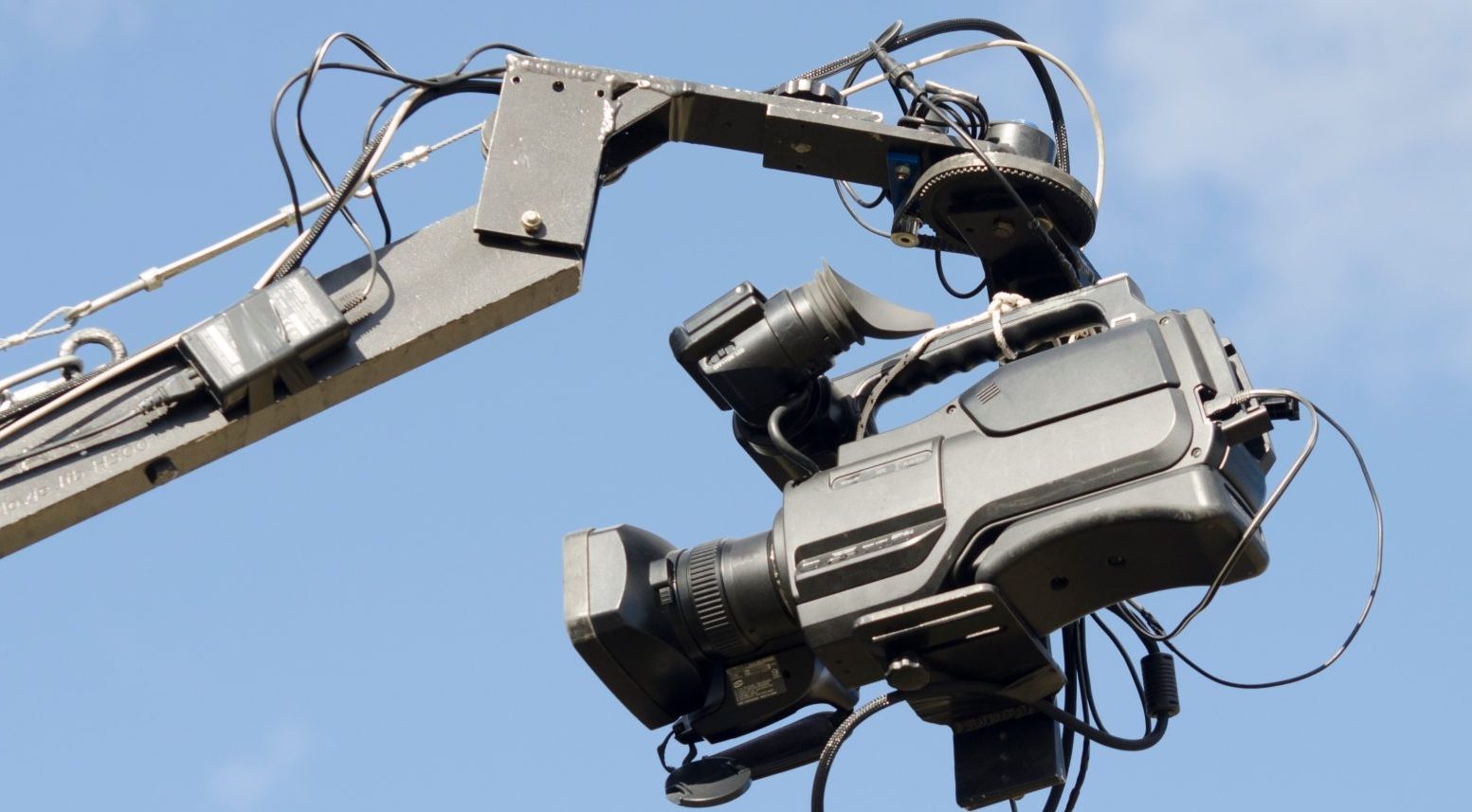1. Initial Enquiry
• It is important to establish a responsive point of contact within your organisation to expedite communications.
• Feature films and large-scale TV dramas often have long lead-in times, sometimes up to a year ahead.
• Production companies may scout in an area several months prior to deciding where to shoot and could eventually shoot in several areas of the country.
• Shoots are intensive and demanding for all involved so it’s good to be realistic and aware of the likely disruption of a shoot.
• TV drama series usually have an approximate 6-8 week preparation time before filming and are more likely to remain in one region than to film around the country, depending on budget.
• They will generally employ predominantly local crew and facilities.
• TV dramas can be just as intensive as feature films but can be more demanding, as the preparation time is shorter and the budgets lower.


